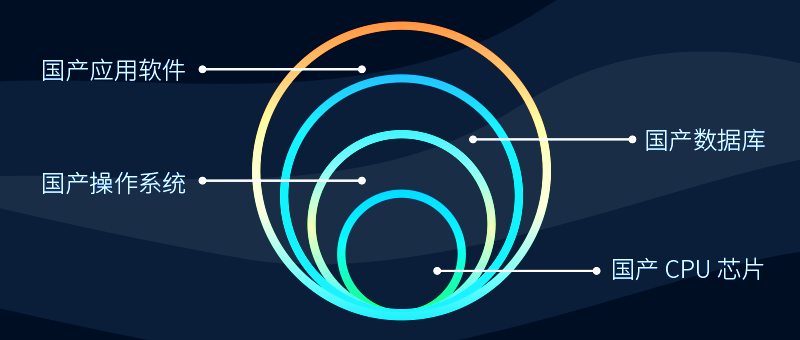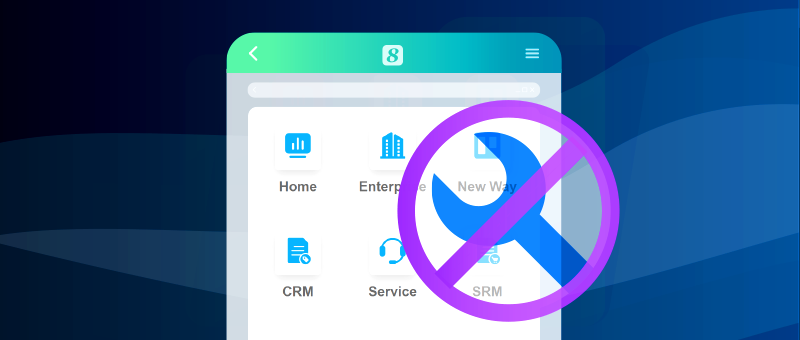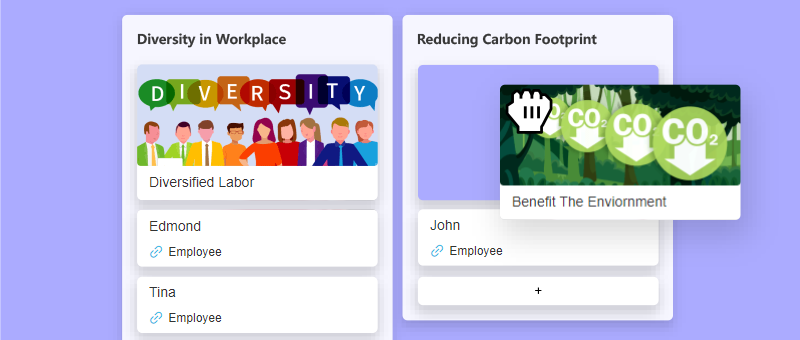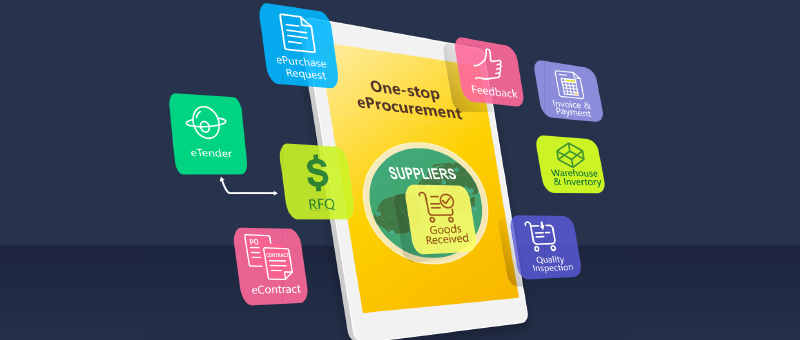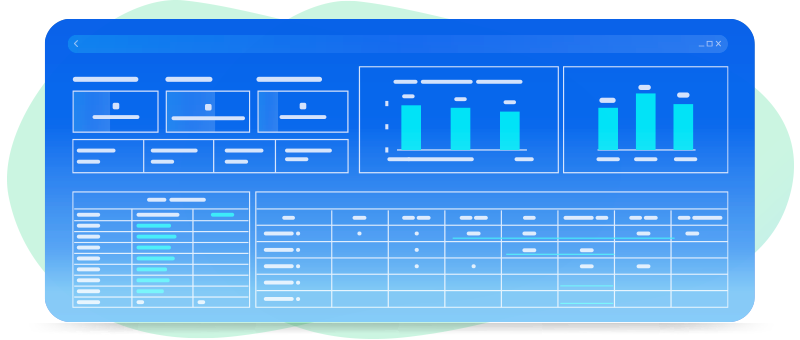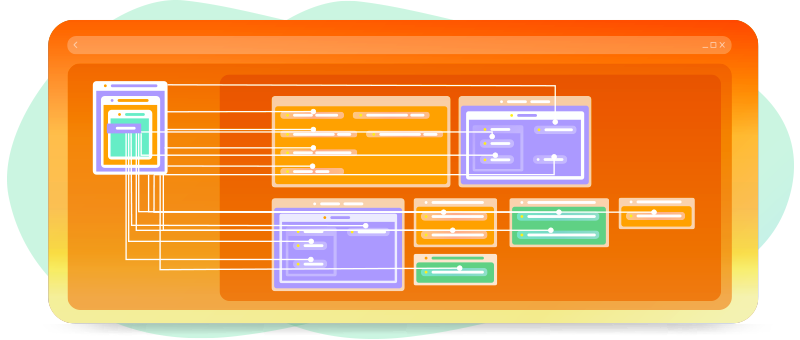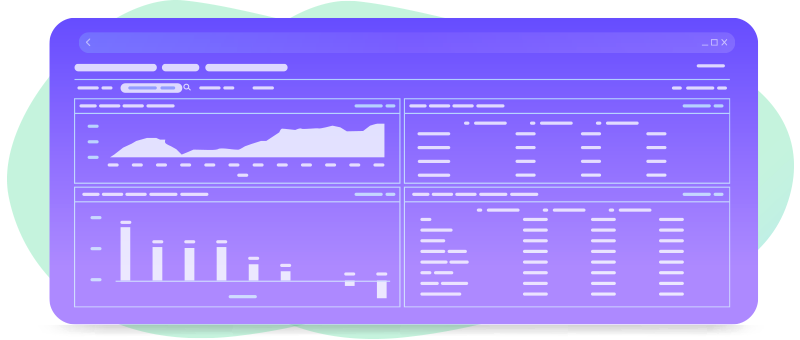Special News
How can a work hour management system boost business productivity?
2024-12-25
In modern enterprises, improving productivity is key to gaining a competitive edge. Managing work hours, as a core aspect of business operations, directly impacts production efficiency and cost control. This article explores how work hour management systems can help businesses optimize processes, enhance efficiency, and includes an FAQ section to provide a more comprehensive understanding of this tool.
What Is a Work Hour Management System?
A work hour management system is a digital tool designed to record, analyze, and optimize employees working hours. It not only accurately tracks work hour data but also generates detailed reports to analyze productivity and cost structures. For instance, the 8Manage Work Hour Management System offers an integrated platform for efficient time tracking and data analysis. These systems typically include the following features:1.Work Hour Tracking: Records employees working hours in real-time, including attendance, project hours, etc., supporting multi-dimensional tracking to ensure accuracy and timeliness.
2.Data Analysis and Reporting: Provides comprehensive data analysis to support decision-making, with intuitive charts and reports for quick insights.
3.Work Hour Allocation and Planning: Helps managers allocate resources efficiently, avoiding overuse or underuse, and predicts future demand based on historical data.
4.System Integration: Seamlessly connects with other enterprise systems like ERP and HR tools through various API interfaces, improving integration efficiency.

How Does a Work Hour Management System Enhance Productivity?
1、Improving Data Transparency
The system allows businesses to monitor employees working hours and task progress in real-time, eliminating errors and delays associated with manual record-keeping. Transparency in data enables businesses to better understand each department and employees output, identify potential efficiency issues, and adjust strategies promptly.2、Optimizing Resource Allocation
Precise analysis of work hour data helps managers allocate resources more effectively, avoiding waste or overuse. For example, when a projects workload increases, the 8Manage system alerts managers about additional resource needs to ensure timely project completion.3、Reducing Operating Costs
Automating processes reduces the time spent on manual recording and analysis. Accurate data also helps control overtime expenses and minimize unnecessary costs. The system enhances work hour utilization rates, further lowering operating expenses.4、Increasing Employee Satisfaction
Employees gain a clear understanding of their work schedules and achieve better work-life balance. System transparency reduces disputes over work hours, boosting employee satisfaction and engagement. Additionally, self-service features in systems like 8Manage enable employees to view and manage their own time data independently.5、Supporting Informed Decision-Making
Detailed reports generated by the system provide robust data support for managerial decisions. By analyzing efficiency metrics, businesses can optimize production processes and improve overall operational efficiency.Practical Applications of Work Hour Management Systems
● Case 1: Manufacturing IndustryA manufacturing company implemented the 8Manage system, uncovering bottlenecks in a production line through work hour data analysis. By reallocating resources, the company increased production efficiency by 15%.
● Case 2: Software Development
A software firm used the system to track project hours, gaining accurate insights into the progress and costs of each module. This enabled the company to complete key projects ahead of schedule and save 20% of the budget.
● Case 3: Service Industry
A service provider optimized employee scheduling with 8Manage, reducing excessive overtime and increasing employee satisfaction by 30%, which also improved service quality.
Key Considerations When Choosing a Work Hour Management System
1.Feature Completeness: Does the system support core functionalities like attendance tracking, project management, and reporting?2.User-Friendliness: Is the interface intuitive and easy to use?
3.Integration Capabilities: Can it seamlessly connect with existing ERP or HR systems?
4.Data Security: Does it offer robust encryption and permission management?
5.Cost-Effectiveness: Is the price reasonable for its features and service quality?

FAQs
1.What industries benefit from work hour management systems?
These systems are suitable for a wide range of industries, including manufacturing, software development, retail, and healthcare. Any business that needs to track employee working hours or project progress can benefit.2.Can these systems help reduce employee overtime?
Yes, by monitoring work hours in real-time, the system enables better task scheduling, avoiding improper resource allocation that often leads to overtime.3.Do small businesses need such a system?
Small businesses can also benefit. These systems optimize limited human resources, improve productivity, and lay a data foundation for future expansion.In summary, a work hour management system is a vital tool for boosting productivity and streamlining operations. By adopting such a system, businesses can achieve efficient time management and gain a competitive edge in the market. If youre looking for ways to enhance business efficiency, the 8Manage Work Hour Management System is a worthwhile investment.
Most popular

How IPD drives product R&D toward commercial success

Top procurement management systems to elevate your business in 2025

Are your project managers ready for AI?
Related articles
8Manage software: The smart choice for global enterprise success
2025-03-28
8Manage software: Empowering Chinese companies to conquer global markets
2025-03-14
Why no-code ERP is the perfect fit for SMEs: 3 key reasons
2025-01-15
Top CRM systems rankings: A comparison of cost-effectiveness and features
2025-01-07
Cut costs and boost productivity with electronic document management
2024-12-27
Previous Article >
Supplier performance management: Challenges, solutions, and system selection
Supplier performance management: Challenges, solutions, and system selection
Next Article >
How IPD drives product R&D toward commercial success
How IPD drives product R&D toward commercial success







